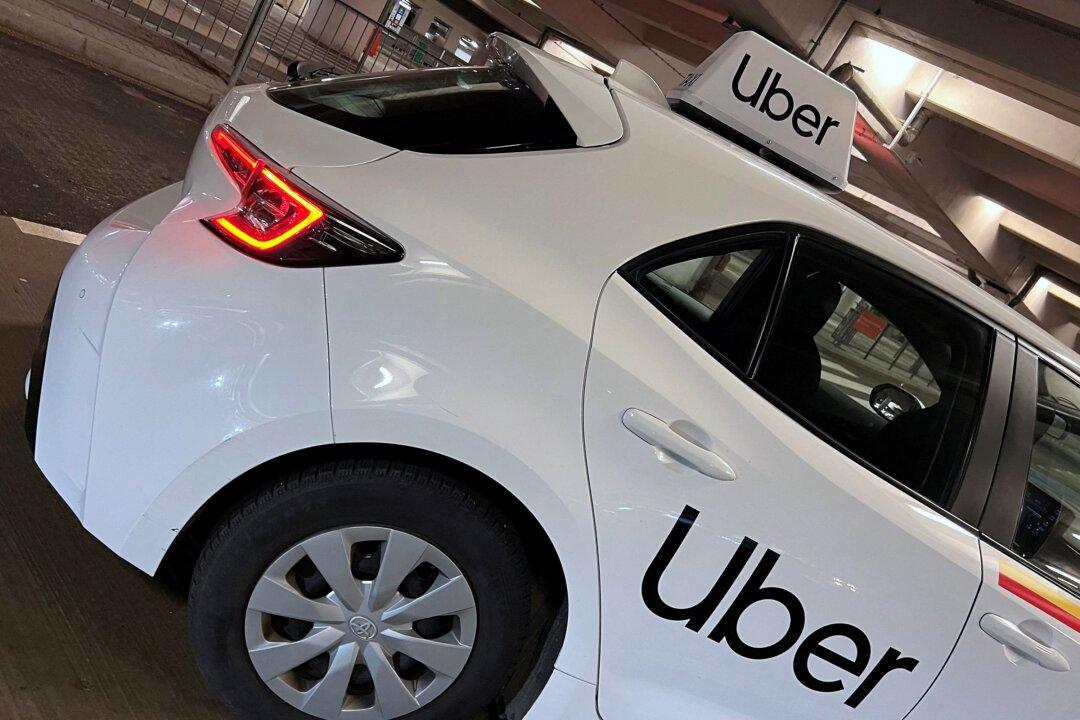Uber Technologies Inc. drivers are not exempt from a U.S. law requiring them to bring work-related legal disputes in private arbitration rather than joining class action lawsuits in court, a U.S. appeals court ruled on Wednesday.
A panel of the Philadelphia-based 3rd U.S. Circuit Court of Appeals said that Uber drivers do not qualify for an exemption from the arbitration law for workers involved in interstate commerce because they rarely cross state lines when transporting passengers.





